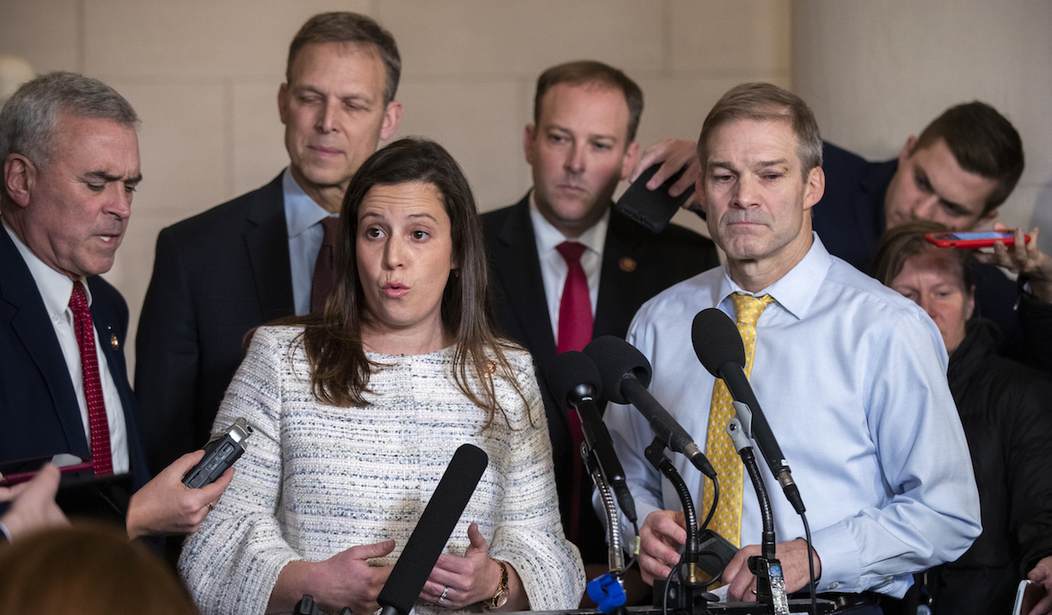Even with irregularities, inconsistencies, and issues with certain states, there are some silver linings in the 2020 electoral cloud that conservatives can celebrate.
As of this writing, the Senate still looks to remain in GOP control. While John Hickenlooper (D-CO) unseated incumbent Corey Gardner (R-CO), and Mark Kelly (D-AZ) seems to have bested Martha McSally (R-AZ), we have Tommy Tuberville (R-AL) who beat incumbent Doug Jones (D-AL), and John James (R-MI) is neck-and-neck to unseat incumbent Gary Peters (D-MI).
Massive amounts of money were poured into races to remove Senators Mitch McConnell (R-KY), Lindsay Graham (R-SC), and Susan Collins (R-ME), but to no avail. All regained their seats by comfortable margins. John Cornyn (R-TX), and Joni Ernst (R-IA) also kept their seats.
Mitch McConnell won by 20 points.
Roger Marshall won by 12 points.
Tommy Tuberville won by 23 points.
John Cornyn won by 10 points.
Susan Collins is winning by 8 pointsThese are huge gaps.
— 𝘚𝘵𝘦𝘷𝘦𝘯 𝘑. 𝘋𝘶𝘧𝘧𝘪𝘦𝘭𝘥 (@StevenJDuffield) November 4, 2020
Kelly Loeffler (R-GA) will face a runoff in her election. While we still are not sure whether Georgia goes to President Trump or former Vice President Joe Biden, conventional wisdom says she will probably hold the line for Republicans. If Loeffler wins, and James wins, Republicans maintain control of the Senate. That would be a positive outcome no matter who holds the White House.
Probably the most significant, but least publicized bright spot in this election cycle is that 12 new Republican women were elected in key races for the House of Representatives. Adding to the 10 GOP women incumbents who won their reelection bids.
Elise Stefanik (R-NY-21) was one of those incumbents, and a huge part of the Republican female resurgence. In her three terms in the House, Stefanik has distinguished herself as a fierce fighter for her constituents and conservative values, and as a leader on several key committees. Stefanik was the first female recruitment lead for the National Republican Congressional Committee. But after the 2018 midterms and the House’s flip from Republican to Democrat control, Stefanik bucked the party line and stepped down from the NRCC recruitment position to mount her own PAC.
Stefanik formed Elevate-PAC (E-PAC) to encourage and support more women seeking elective office, and to provide the tools and funding in order to do so. While she received criticism and pushback on her choice to step outside the party, she felt strongly that this would allow her the freedom to truly support strong and solid female leadership without the strictures of the Republican bureaucracy.
I will continue speaking out abt the crisis level of GOP women in Congress & will try to lead and change that by supporting strong GOP women candidates through my leadership PAC https://t.co/F9uNcdmMAw
— Elise Stefanik (@EliseStefanik) December 4, 2018
Six of the women Stefanik endorsed in 2020: Stephanie Bice (OK-05), Lauren Boebert (CO-03), Kat Cammack (FL-03), Diana Harshbarger (TN-01), Lisa McClain (MI-10), and Maria Elvira Salazar (FL-27) won their House seats. This is an impressive track record for a first-time election cycle, and a sure sign that Stefanik is not only a formidable GOP leader, but a potential queenmaker.
The GOP is often painted as anti-woman and misogynist, yet they are now the ones leading the charge to make the House a solid ground for female leadership. Thanks to Stefanik, they have a solid foundation of 12 (and counting) candidates from which to build.
Senator Susan Collins’s win makes her the longest-serving female in the Senate, and she has become a standard bearer. So, trails are being blazed not only for increased Republican representation in the lower chamber, but increased representation of Republican women in higher office across the board.















Join the conversation as a VIP Member